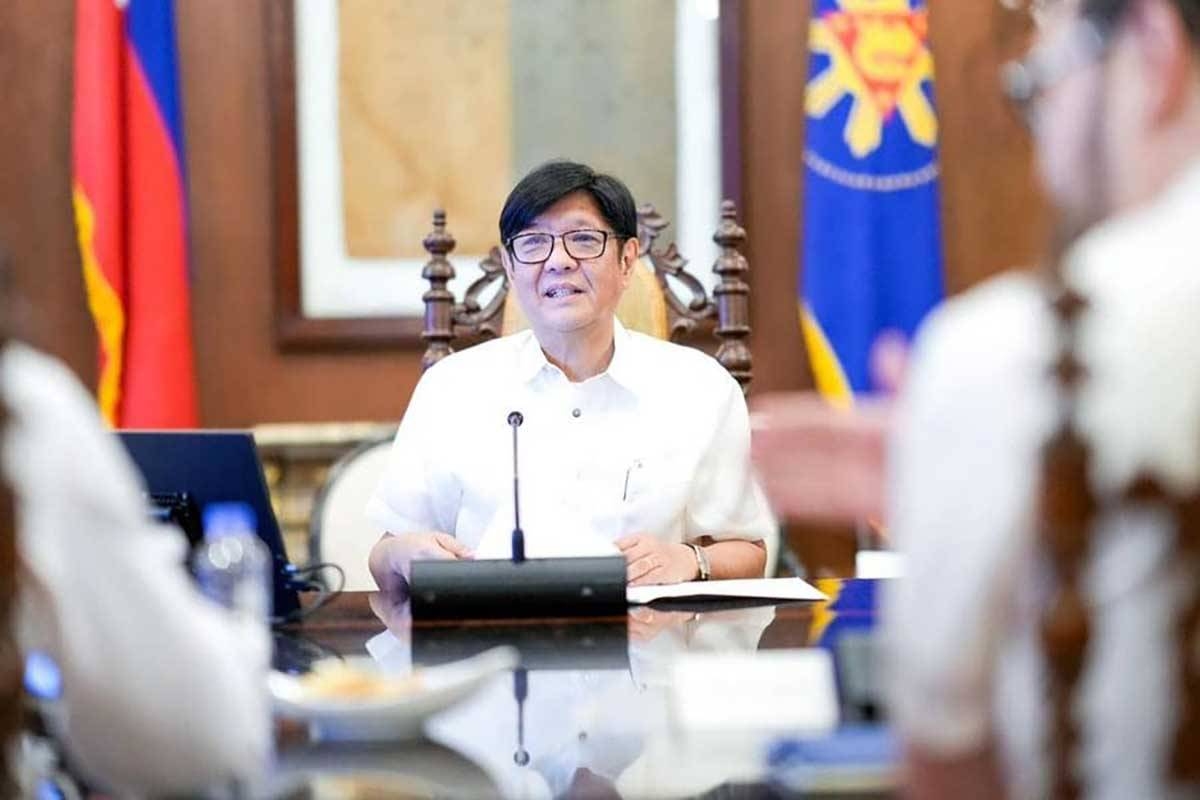President Ferdinand Marcos Jr. is poised to sign three significant laws on Monday, including the Magna Carta of Filipino Seafarers. This proposed legislation, which was certified as urgent by Marcos in September of last year, aims to improve the welfare of Filipino seafarers and enhance their competitiveness in the global maritime industry. By addressing the recurring deficiencies in domestic laws concerning the training and accreditation of Filipino seafarers, this law seeks to ensure better employment opportunities for them abroad.
According to Malacañang, the bill also guarantees to the international community that the Philippines will comply with its obligations of ensuring that Filipino seafarers’ training, facilities, and equipment are on par with international standards and those set by relevant international conventions. This commitment is crucial, as the Philippines has faced scrutiny from the European Union since 2006 for its failure to comply with international standards for maritime workers. The EU had even threatened to withdraw its recognition of Filipino seafarers’ certificates unless the issue was resolved. However, in March of last year, the European Commission decided to continue recognizing seafarers’ certificates issued by the Philippines after the government pledged to improve its maritime programs.
It is worth noting that Filipino mariners make up more than 25 percent of the 1.5 million seafarers worldwide, the highest number from any country. Therefore, the signing of the Magna Carta of Filipino Seafarers is not only significant for the welfare of Filipino seafarers but also for the reputation and standing of the Philippines in the global maritime community.
In addition to the Magna Carta of Filipino Seafarers, President Marcos Jr. will also sign the Expanded Centenarians Act and the Tatak Pinoy or Proudly Filipino Act on Monday.
The Expanded Centenarians Act, sponsored by Senator Maria Imelda Josefa “Imee” Marcos, the President’s sister, aims to provide increased benefits for senior citizens. Under this law, Filipino senior citizens living in the Philippines or abroad will be granted financial aid upon reaching certain age milestones. They will receive P10,000 upon reaching 80 years old, P20,000 upon reaching 90 years old, and P100,000 upon reaching 100 years old. The law also proposes that the financial aid for seniors should be adjusted for inflation after one year from the law’s effectivity, as determined by the National Economic and Development Authority (NEDA). This law seeks to alleviate the financial burden faced by senior citizens due to the rising cost of living and healthcare expenses, allowing them to enjoy their lives even beyond a century.
Meanwhile, the Tatak Pinoy or Proudly Filipino Act aims to prioritize local products and enhance their global competitiveness. This law mandates the creation of the “Tatak Pinoy Council,” a policy and advisory body with a direct link to the President. The chairman of this body will be the director general of NEDA, while the secretaries of the Departments of Trade and Industry and Finance will serve as deputies. The legislation aims to support local enterprises and ensure inclusive economic growth that benefits all sectors of society, including the urban poor, subsistence farmers, Indigenous communities, and micro, small, and medium-sized enterprises. By focusing on the skills, creativity, and innovation of Filipino workers, this law aims to boost the local economy and promote national pride in Filipino-made products.
The signing of these three landmark laws demonstrates the government’s commitment to improving the welfare of Filipino seafarers, senior citizens, and the local economy. These laws not only address specific issues but also contribute to the overall development and progress of the Philippines. As the country continues to navigate the challenges of a globalized world, these laws will play a crucial role in enhancing the country’s standing in the international community and ensuring a better future for its citizens.







